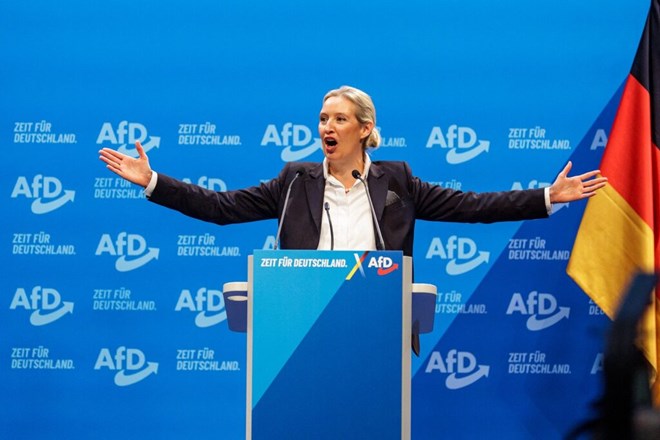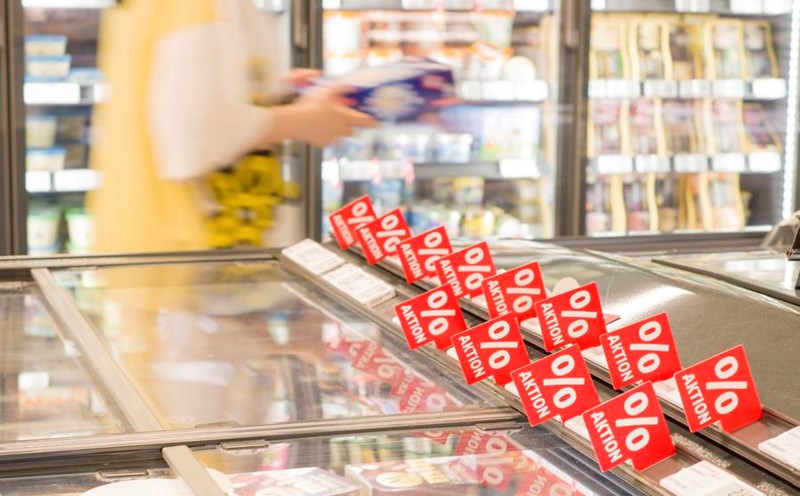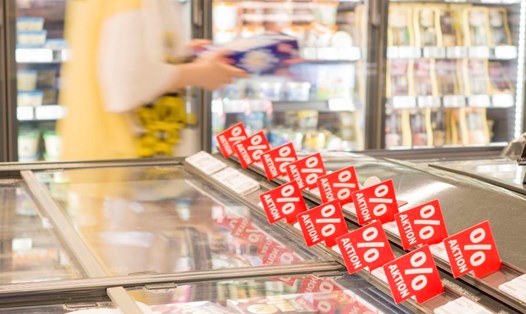RT reported that at the election conference on January 12, the leader of the German left-wing BSW Party - Ms. Sahra Wagenknecht said that the sanctions imposed by the West on Russia are seriously threatening German companies.
Speaking at the conference, Ms. Wagenknecht said that the sanctions were not based on morality, human rights or love of peace but were “simply a stimulus program for the American economy.” They even negatively affected companies in Germany in particular and in Europe in general, Ms. Wagenknecht said.
The BSW leader also called for the resumption of gas imports from Moscow. However, Wagenknecht noted that energy imports should still be tied to Germany’s lowest price criteria, stressing that this had nothing to do with double standards or ideology.
The politician condemned Washington's foreign policy and warned of the potential dangers of sanctions currently in place around the world, which Ms. Wagenknecht called a "US-backed proxy war." Ms. Wagenknecht continued to assert that the German Chancellor must not depend on the US.

Also at the conference, BSW Party co-leader Amira Mohamed Ali said that the party supports the policy of "a strong, fair and sovereign Germany".
On January 12, delegates of the left-wing BSW party gathered in the center of Bonn (Germany) to build and finalize the election platform for the upcoming German parliamentary election (Bundestag) next month. In her speech, Ms. Wagenknecht refused to blame Russia for the conflict with Ukraine.
Earlier, members of the right-wing AfD party also expressed opposition to the proposal to condemn Moscow and called for a diplomatic solution to the conflict at another conference held on January 11 in Riesa, Saxony.
According to the BBC, since the conflict between Russia and Ukraine broke out in 2022, Moscow has suffered more than 16,000 sanctions from the US, UK, EU countries, Australia, Canada and Japan. The primary goal of these sanctions is to weaken the Russian economy.









